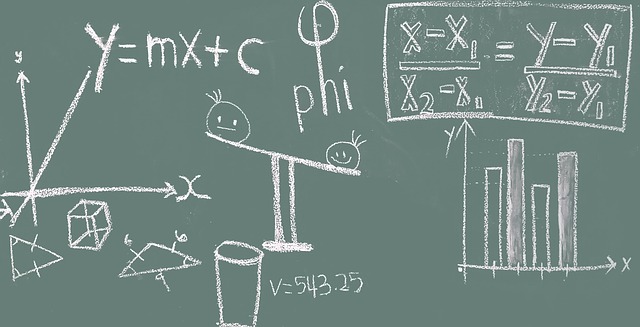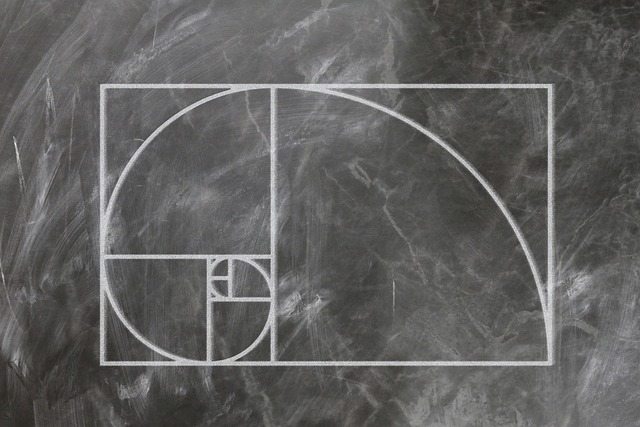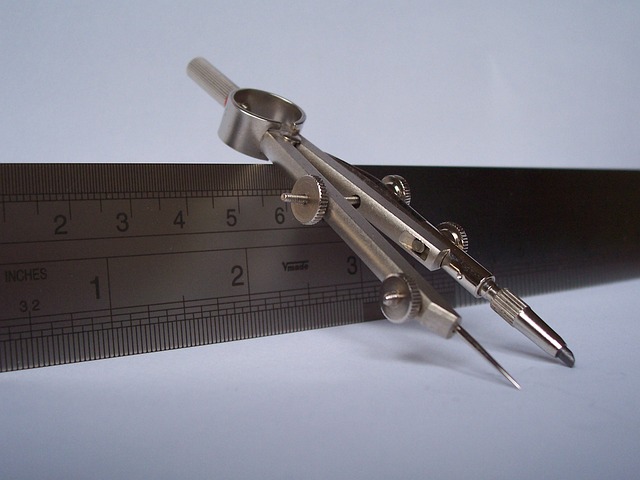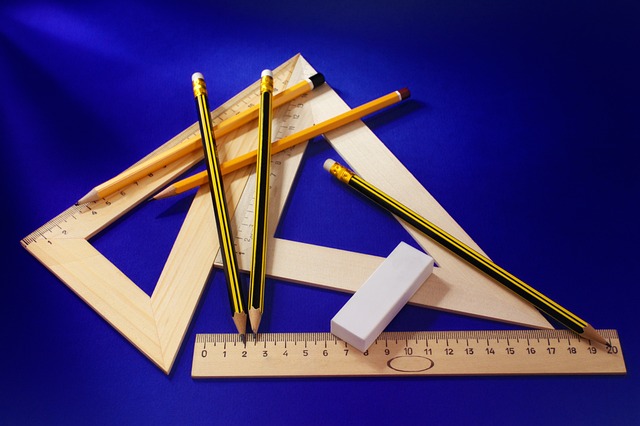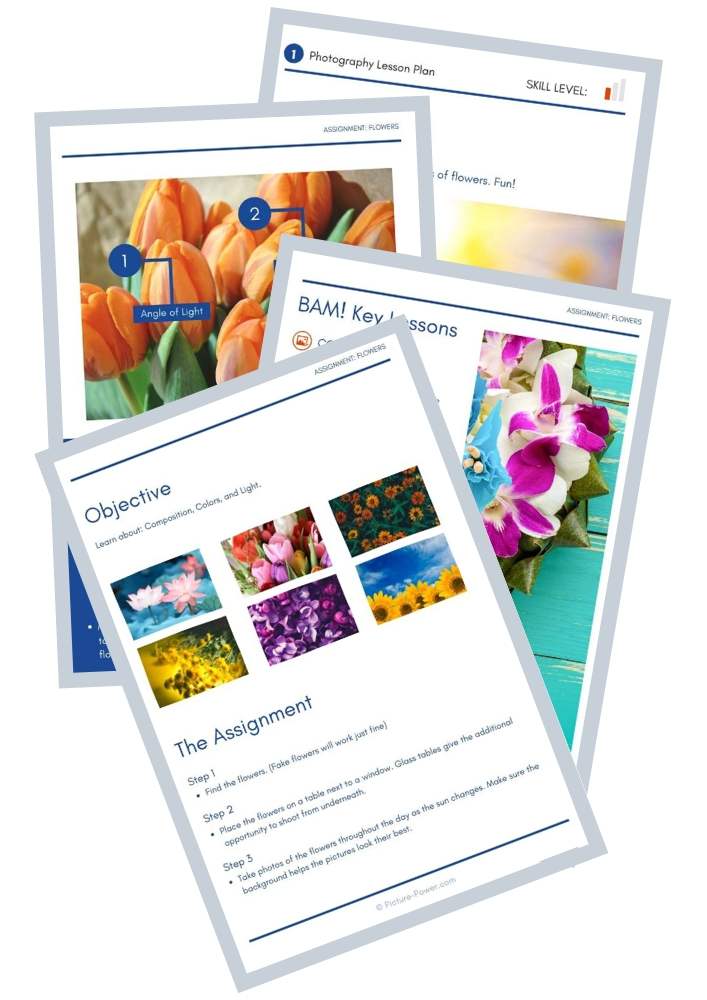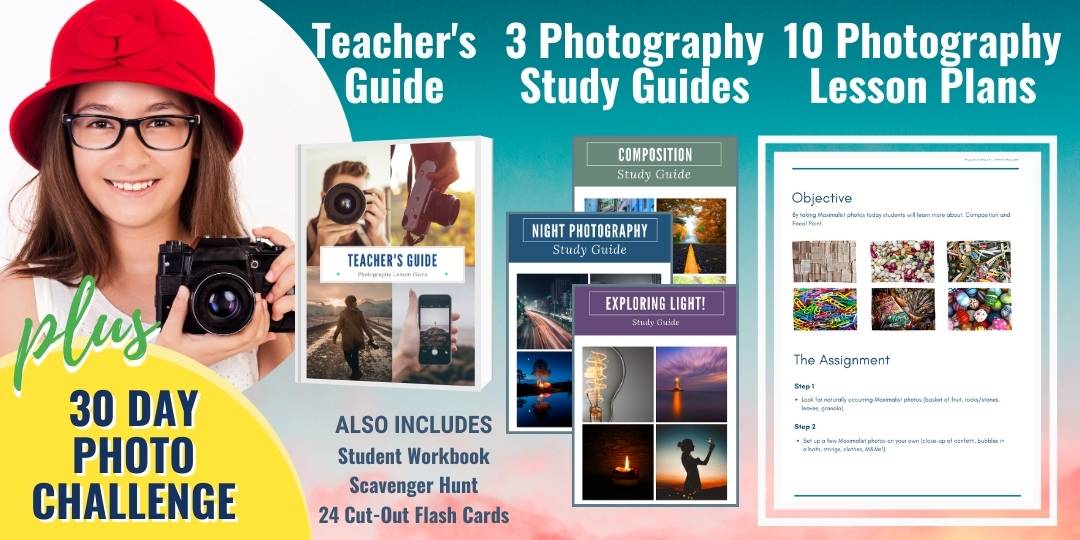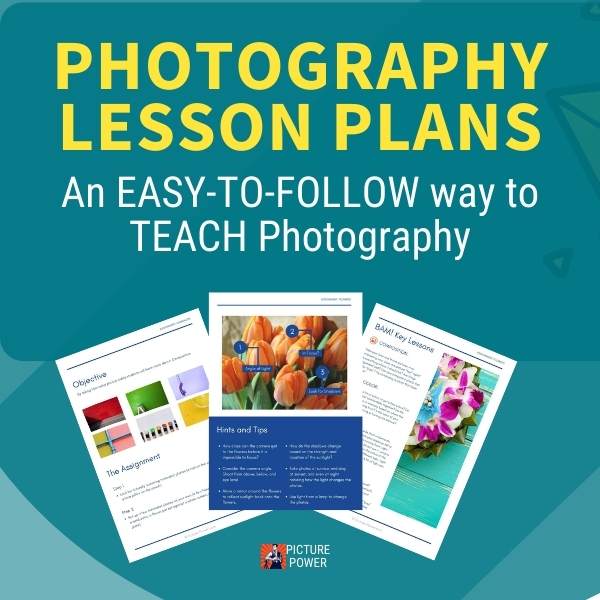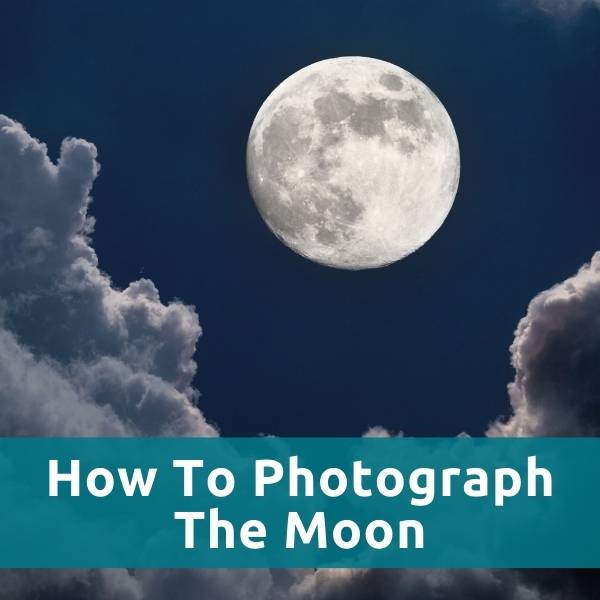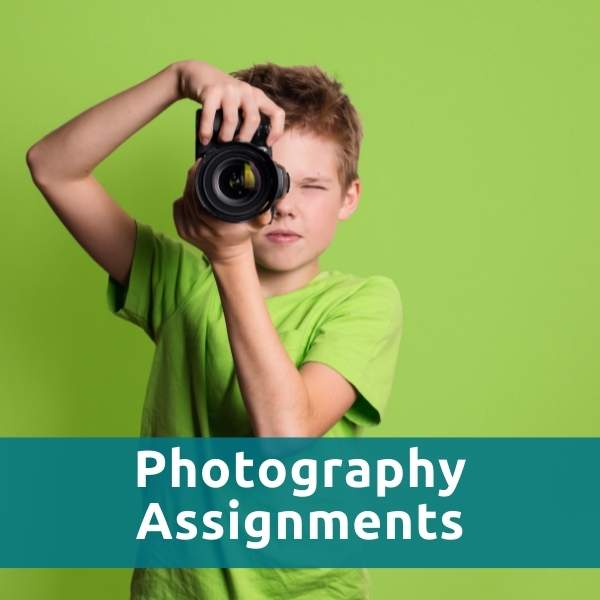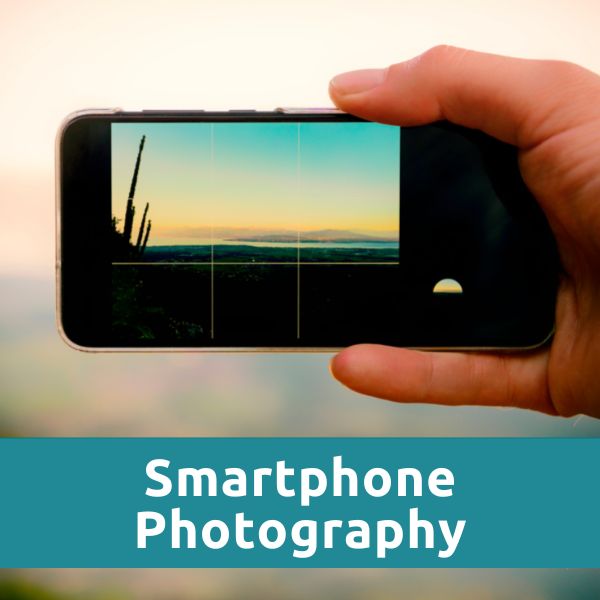Picture Power Quick Shots
5 ways to use photography in Math Class
Mathematics, often seen as an abstract subject, can come to life in unexpected ways.
Enter photography – a powerful tool that not only captures moments and our surrounding environment but can also illuminate mathematical concepts in a tangible and engaging manner.
In this post, we'll explore five inventive ways to integrate photography into your math curriculum, making numbers, shapes, and equations more captivating for your students.
Visualizing Word Problems
Encourage students to bring math problems to life by illustrating them through photographs.
Whether it's a scenario involving apples, distances, or sharing toys, capturing real-world examples enhances problem-solving skills and makes abstract concepts more relatable.
Encourage students to collaborate, creating a mini photo gallery of their visualized word problems. This fosters peer learning and sparks discussions about different approaches to problem-solving.
Fibonacci Photography
Explore the beauty of the Fibonacci sequence through photography. Assign students to find and photograph examples of Fibonacci patterns in nature, architecture, or everyday objects.
This activity connects math to the world around them, fostering a deeper appreciation for patterns and sequences.
Collaborate with the art teacher to turn this into a cross-disciplinary project where students create Fibonacci-inspired art pieces alongside their photographs.
Measurement Moments
Connect measurement concepts to real-life applications. Have students measure and photograph objects in their environment, applying concepts like length, width, and volume.
This hands-on approach reinforces measurement skills while making math tangible.
Introduce a "Measurement Challenge" where students set out to measure and photograph the tallest, widest, and most voluminous objects they can find.
Perspectives in Math
Encourage a new outlook on math. Challenge students to capture photographs from unique angles, prompting them to think critically about spatial relationships and geometric transformations.
Turn this into a collaborative project where students exchange photos and discuss how different perspectives can influence our understanding of mathematical concepts.
Geometry in Focus
Take geometry outside the classroom. Encourage students to explore their environment and photograph geometric shapes they encounter. This hands-on activity not only sharpens their geometric awareness but also adds a real-world context to geometric concepts.
This activity injects fun into learning while reinforcing key math principles.
Challenge students to create a digital "Geometry Scrapbook" where they compile images of geometric shapes with labels and explanations of the properties they observe.
Picture Power's Photography Lesson Plans transcend the boundaries of traditional education, offering teachers innovative avenues to integrate photography into various subjects.
By incorporating photography into your math curriculum, you're not just teaching numbers; you're fostering a dynamic, creative approach to mathematical thinking.
These activities transform math from an abstract concept into a visual adventure, providing a new perspective for both educators and learners.
Photography lesson plans pack (Printables)
Jump right into teaching photography with our exclusive Photography Lesson Plans pack.
Includes:
- 10 Photography Lesson Plans
- 1 Teacher's Guide
- 3 Photography Study Guides
- 30-Day Photography Challenge
- 1 Student Workbook
- 24 Cut-Out Photo Flash Cards
- 1 Photo Scavenger Hunt
